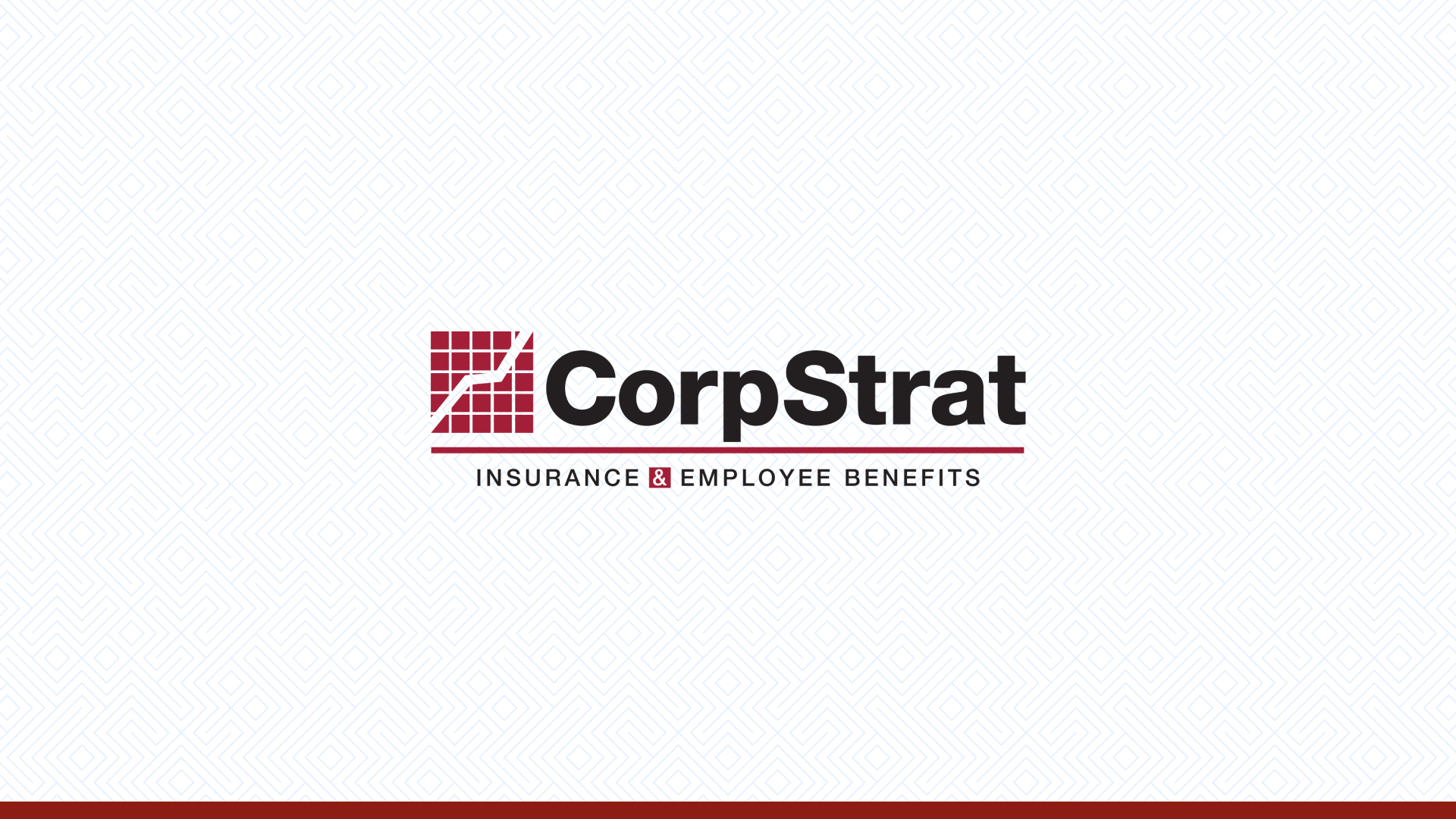ABC News – By tom murphy, ap business writer
Congress delivered an early holiday present to employers this week when it proposed a two-year delay for a health benefits tax many would have had to pay starting in 2018. But businesses hope Santa will eventually leave something better under the tree.
The delay, which was reached as part of a budget deal, means companies that offer employees expensive health insurance will not have to pay the so-called Cadillac tax for those plans until 2020. But employers want the tax, which amounts to a 40 percent levy on the cost of benefits plans above a certain amount, repealed altogether.
“A delay is great, repeal is even better,” said Steve Wojcik, vice president of public policy for the National Business Group on Health. “It’s a pretty onerous tax.”
The Cadillac tax was meant to help keep health care costs in check as well as discourage extravagant coverage. But opponents worry that the tax will spread over time to a wider range of employer-sponsored health coverage and force big changes in the type of insurance millions of workers receive
The nonpartisan Kaiser Family Foundation has estimated that the tax could have affected 26 percent of all employers in its first year, and it could eventually reach all employers as long as insurance premiums continue to climb faster than inflation. However, Kaiser experts also say they expect most companies to make enough adjustments to avoid the tax at least for the first few years.
Kaiser Vice President Gary Claxton said it is difficult to estimate what sort of financial hit companies could face from the tax. That depends on the employer and the type of benefits, among other factors.
Businesses have been adjusting their benefits plans for several years now, to ease in changes that will help them avoid the tax. They’ve been raising deductibles and other out-of-pocket expenses for workers. Many also are adding surcharges on the coverage of spouses who can get benefits elsewhere.
Diesel engine maker Cummins Inc. started wellness programs to help employees eat better and exercise more in an attempt to lower its costs.
The Columbus, Indiana, company expects to avoid the tax initially, but it has no guarantee that it will continue to do so, especially when faced with challenges like spiraling specialty drug costs. Cummins, which also makes power generators and engine components, provides coverage for about 42,000 employees, spouses and dependents in the United States
“One of the flaws with the tax is we’re held accountable for managing those costs … and yet they’re really outside our control,” said Dr. Dexter Shurney, the company’s chief medical officer.
A two-year delay will not affect benefits coverage that starts next month. Those plans were laid out months ago. But it might delay some big changes that companies were thinking about for 2017.
Some businesses had been considering eliminating preferred provider organization, or PPO coverage that features a wide network of care providers because those plans are more expensive and would hit the tax thresholds first, said Chatrane Birbal, a senior adviser with the Society for Human Resource Management, which represents benefits professionals.
The delay may prompt companies to ease off other changes that they were thinking about. How they react will depend, in part, on whether they think the delay will be followed by a repeal of the tax, said Joe Kra, a Mercer benefits consultant.
Ultimately, the delay may not affect changes companies were already planning for their coverage. Health care costs are still rising, and that has been forcing many employers to make the same sort of adjustments that they made to prepare for the tax.
“The real problem is how do we get health care costs under control, and it’s not clear that the excise tax is going to get us there,” Wojcik said.
The National Business Group on Health has lobbied for years against the tax. Wojcik said he still sees plenty of interest from both Republicans and Democrats in eventually repealing the tax. In the meantime, he noted that the two-year delay gives federal officials more time to study the law and figure out ways to soften the potential blow to benefits.
It also lets companies learn more about the tax. Cummins, for instance, runs worksite clinics at many locations and wants to know more about how those are viewed.
“This (delay) gives everyone more time to get into the details and understand how it’s going to be structured,” Shurney said.



